
The personality of the cat has had a big effect on our language. This article highlights some of the expressions about cats that exist in English.?
Cats? What beautiful, graceful animals. Cats have lovely, delicate faces, soft glossy coats, precise acrobatic movements, and exhibit fastidious cleanliness. Cats are also famous for their hunting prowess, their solitary natures, their inscrutable expressions, and their mysterious ways, giving rise to centuries of folklore and superstitions related to their nature. They have been worshipped, but they have also been unfairly maligned and mistreated for their supposed association with witchcraft and black magic, a connection that survives to the present day in the omnipresent black cat decorations of Halloween. From those first cats who hunted mice near human dwellings so long ago, striking up the first mutual friendship (or at least symbiotic relationship) between cats and humans, to today抯 loved and cuddled and pampered house cats, there have been countless generations of close contact between our two species. I wonder if cats share collective observations and assessments of human appearance, behavior and peculiarities, because we humans have certainly done our share of observing cats and their manner of doing things, as evidenced by the plethora of cat-related sayings that survive in modern English.Let抯 begin with the cat抯 proclivity for gathering in groups for the purpose of romance or for nocturnal fighting. We have "caterwauling? and "alley cat? and "tom catting around.? We have "cat on a hot tin roof. " It can be "raining cats and dogs. " Likewise, people can "fight like cats and dogs.? The cat抯 associations with both aggression and with the feminine side of things have led to such unflattering (both to cats and to women) expressions as being "catty? and having "a real燾at fight? where "the fur is really flying? and someone might "爏cratch your eyes out.? We won抰 even get into the symbolism of a "cat house.?Despite these negative stereotypes, our language is also peppered with metaphors that focus on the sweetness of cats and their love of a good patting and a cuddle. A nice guy is a "real pussycat " and a smoothly running motor is "爎eally purring. " A doting father may call his daughter by the pet name "爇itten.? Some expressions have come and gone in our culture, such as the 1920抯 " the燾at抯 meow? and the 1950s beatnik expressions "爃ep cat? and "燾ool cat. " The cat抯 reputation for being a skilled hunter has spawned many a saying, as well, from the unpleasant "爈ook what the cat dragged in? to the predatory "燾at bird seat.? When someone is holding out on us we refer to them as looking like "爐he cat who swallowed the canary,? while any time two people match wits we call it "燼 game of cat and mouse.? A strong sense of curiosity is another attribute that we assign to cats and there are, of course, expressions that reflect this, the ultimate being "燾uriosity killed the cat.? Other related items include being "燼 copy cat? and sitting "爇itty cornered? plus there抯 "爓hat抯 new pussycat? " which has been immortalized in song and film. Cats also get accused of being overly sensitive and jumpy. Possessing senses far more acute than our own, from eyesight and sense of smell to a heightened sense of hearing, is it really any surprise that they sometimes react to stimuli that we can neither see nor hear? This perceived jumpiness has been recorded in such unfeeling sayings as being "爉ore nervous than a long-tailed cat in a room full of rockers.? When someone becomes overly agitated, we implore them not to "爃ave kittens? and when someone can抰 restrain him or herself and reveals a secret we say "爓ho let the cat out of the bag??Finally, there are cat expressions that allude to cats?silent and mysterious ways. Their stealth, as it were, is celebrated in phrases such as "燾at burglar? and their balance and grace in?"燾atwalk.? Their uncanny abilities to run, leap and land on their feet are literally translated into sayings like "爃e always lands on his feet? and "燾ats have nine lives.? Their mystery is noted in "燾at got your tongue?? and "爄n a cat抯 eye.? Superstitions about black cats crossing one抯 path are a clear throwback to the days of belief in witchcraft, and the cat抯 role as a supernatural witch抯 familiar.The myriad cat sayings in the English language, and their reflection of our complex relationships with cats down through the ages, add to our admiration for and devotion to the cats who share our daily lives. There will always be a bond between us. Cats have even been immortalized in English literature and popular culture, from centuries-old nursery rhymes, such as "燩ussy cat, pussy cat where have you been? I抳e been to London to visit the queen? to modern incarnations like "燭he Cat in the Hat? and?Garfield the cat.Too often, for my taste, modern films portray cats as sinister conniving types, using affable but hapless dogs as their victims. Therefore, I prefer to end on a more cat-friendly note. Here is a lesser-known, but touching Mother Goose rhyme about cats. "營 love little pussy, her coat is so warm, and if I don抰 hurt her, she抣l do me no harm. So, I抣l not pull her tail, nor drive her away, but pussy and I very gently will play.?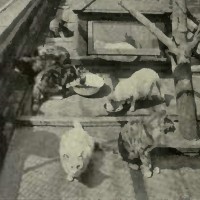 Cat Allergies
This article is predominantly going to cover the problem
Cat Allergies
This article is predominantly going to cover the problem
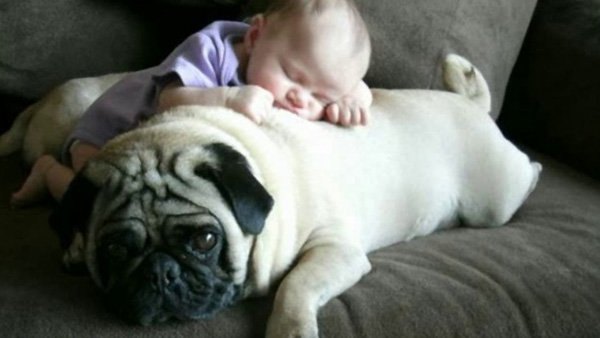 Different Types of Dog Boots
Different Types of Dog Boots
Dogs are consider
Different Types of Dog Boots
Different Types of Dog Boots
Dogs are consider
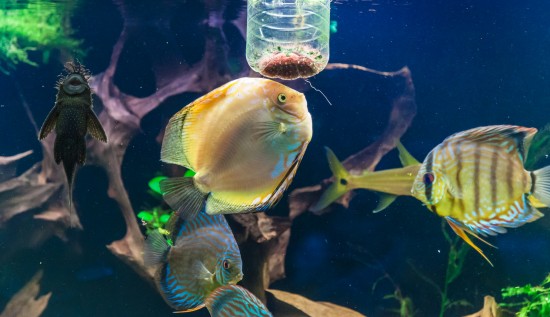 What To Feed Your Fish
What To Feed Your
What To Feed Your Fish
What To Feed Your
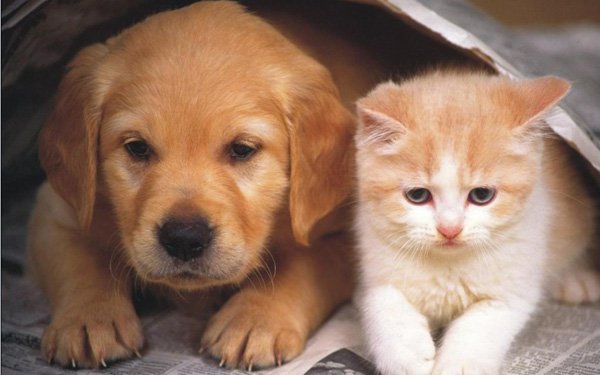 Reasons Why You Should Choose A Large Breed Dog Bed
Reasons Why You Should Choose A Large Breed Dog Bed
Reasons Why You Should Choose A Large Breed Dog Bed
Reasons Why You Should Choose A Large Breed Dog Bed
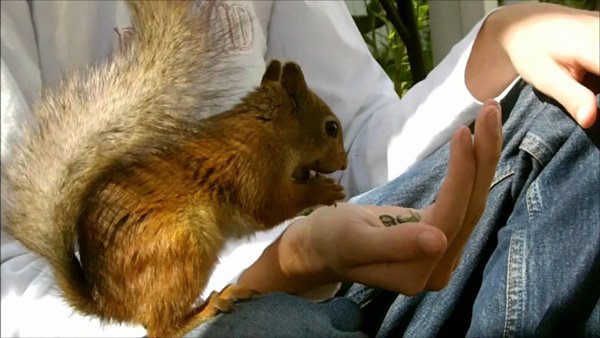 Order Pet Food Online and Give your Pet a Reason for Healthy Growth
Order Pet Food Online and Give your Pet a Reason for Healt
Order Pet Food Online and Give your Pet a Reason for Healthy Growth
Order Pet Food Online and Give your Pet a Reason for Healt
Copyright © 2005-2016 Pet Information All Rights Reserved
Contact us: www162date@outlook.com